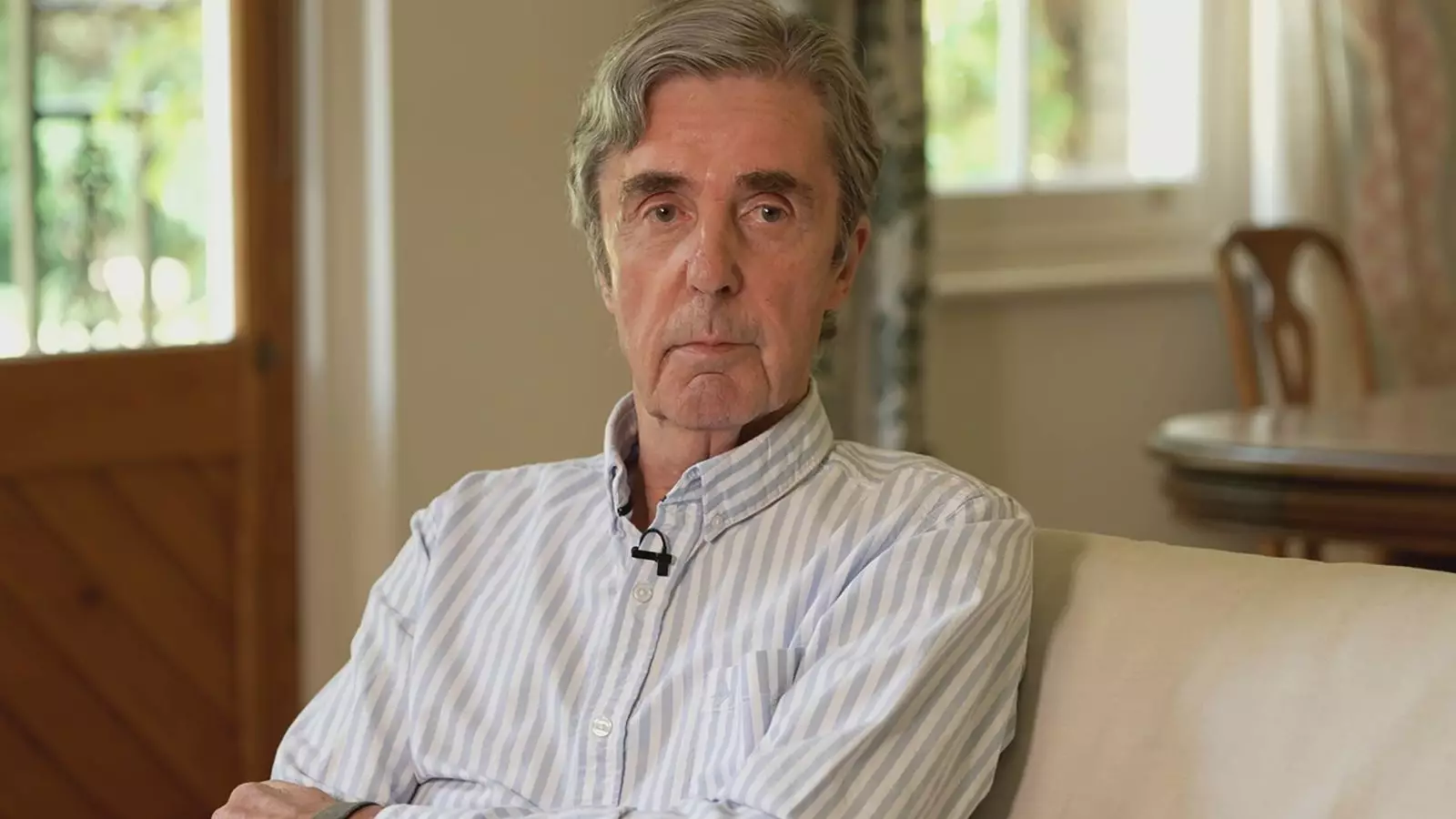The passing of John Stapleton marks the end of an era in British journalism—yet, it also prompts us to reflect critically on the nature of public service and media integrity. Stapleton, respected for his professionalism and warmth, contributed over half a century to the craft of journalism. His career was not merely about delivering news; it was woven with a genuine human touch that set him apart in an industry often marred by superficiality and sensationalism. His ability to connect with viewers on a personal level made him a trusted figure—an anchor of stability in turbulent times. However, amidst the tributes and admiration, we must ask whether the media landscape still rewards the qualities that Stapleton exemplified, or if in the modern age, such sincerity and integrity are increasingly rare commodities.
From Local News to National Icon: A Critical Examination
Stapleton’s journey from local newspapers in Greater Manchester to becoming a household name exemplifies the traditional path for serious journalists of his generation. His work during pivotal moments, including interviews with political leaders like Margaret Thatcher and Tony Blair, demonstrated a level of journalistic rigor that often seems absent from today’s fragmented media environment. Yet, it’s important to consider the broader context—media today is dominated by a culture of immediacy, clickbait, and partisan narratives that undermine the very principles Stapleton embodied. Can a modern journalist maintain such high standards when the industry increasingly incentivizes controversy over accuracy? The legacy of Stapleton challenges us to prioritize depth over superficial engagement, a call that feels more urgent than ever.
Personal Integrity in a Politicized World
Throughout his career, Stapleton was known for his incisive interviewing style and unwavering professionalism. His involvement in programs like Newsnight and Panorama highlights a commitment to uncovering truths—an ideal that often struggles in an era where entertainment often eclipses accountability. His son Nick’s tribute underscores the human behind the journalist—someone who was loving, generous, and principled. However, the reality today is that personal integrity in journalism is often compromised by external pressures: commercial interests, political biases, and audience preferences. We must scrutinize whether current media outlets uphold the standards Stapleton set or if they’ve become tools that reflect societal divides rather than foster understanding. His death, therefore, should serve as a wake-up call to foster a media culture rooted in honesty, fairness, and respectful inquiry.
The Personal Cost and Public Responsibility
John Stapleton’s openness about his Parkinson’s diagnosis reveals a man grappling transparently with his limitations, yet continuing to work with resilience. This personal candor reminds us that public figures are often burdened with high expectations—yet, they are also human, with vulnerability and struggles. His death highlights the need for society to reevaluate how we support those in public service, especially as they face personal health battles. Our collective response to such loss should not be solely about memorialization but about reaffirming commitments to values like empathy, responsibility, and the pursuit of truth. In doing so, we honor not only Stapleton’s memory but also the principles that underpin a healthy, functioning democracy.
The End of an Era and Its Lessons for Today’s Media
While tributes pour in celebrating Stapleton’s professionalism, we are compelled to confront the stark contrast between his era and our current media climate. His career was characterized by a genuine pursuit of truth and a humble approach—all qualities increasingly scarce amid the noise and superficiality of today’s platforms. This loss is not just personal; it’s symbolic of a broader cultural decline in journalistic standards. The question remains: how can future journalists aspire to his level of integrity? Will the industry ever realign itself with the core values of responsible reporting, or is burnout and commercialization inevitable? The legacy of John Stapleton should challenge us to demand a media environment that values humanity, truth, and depth—values that matter far beyond the screen.

